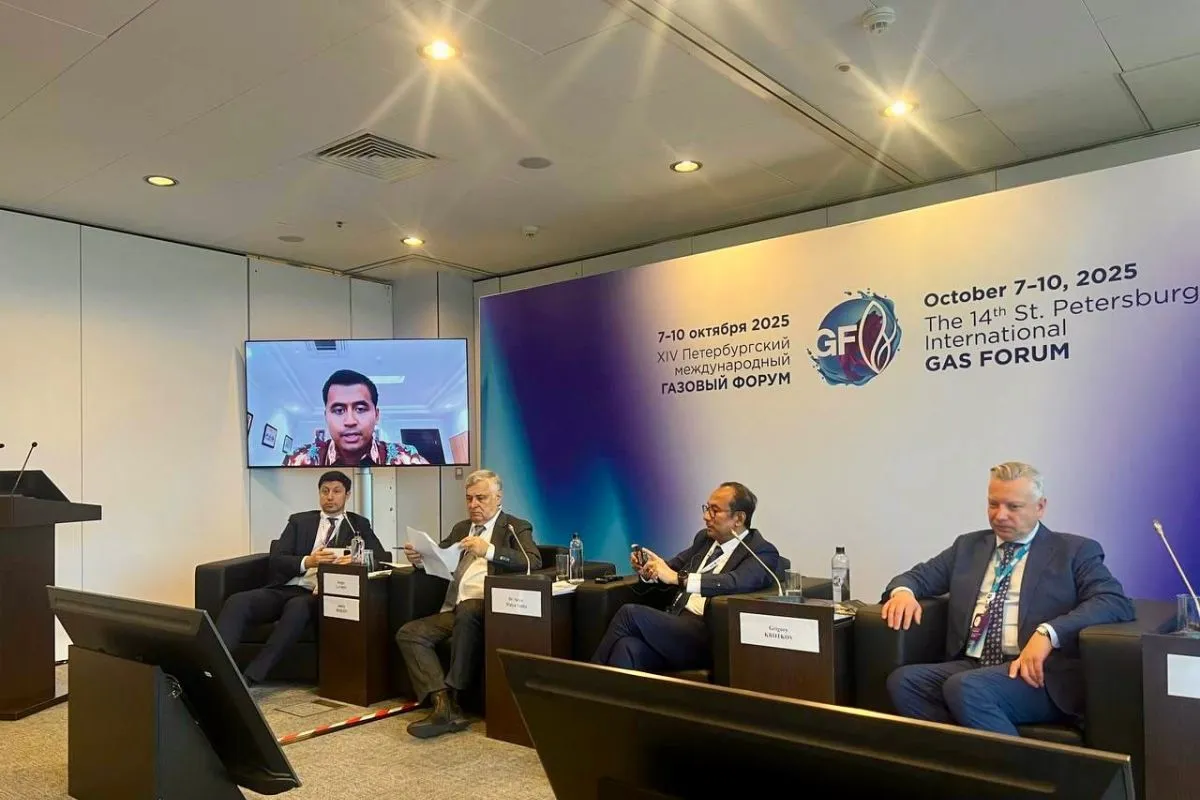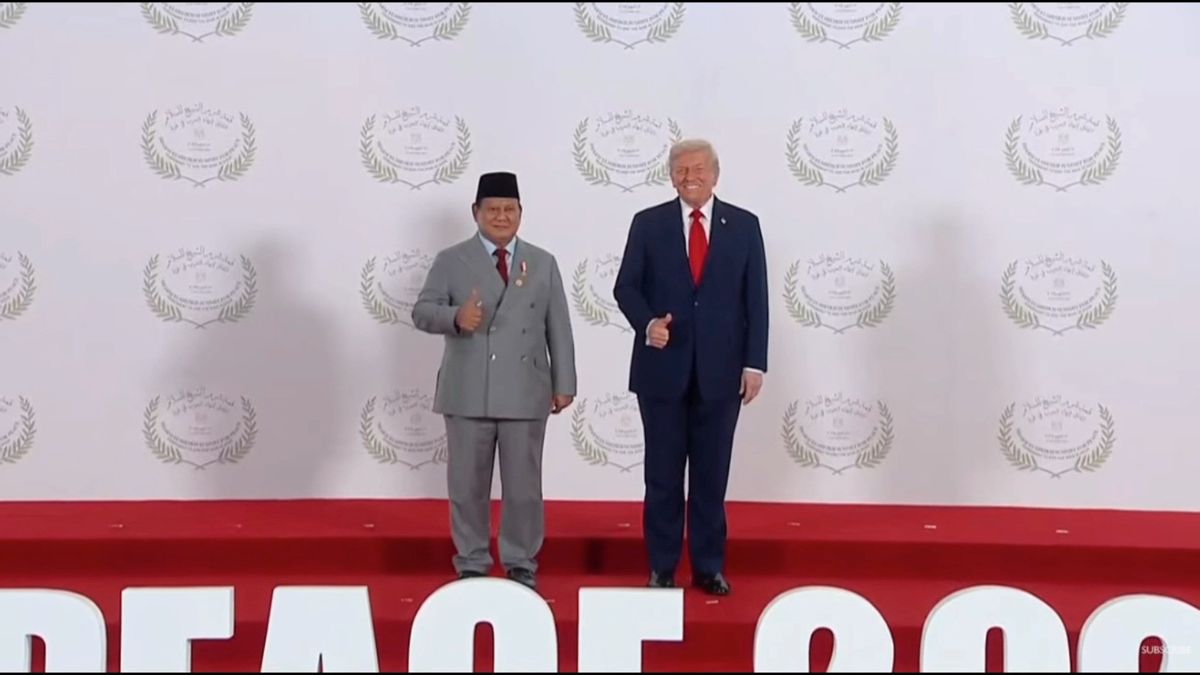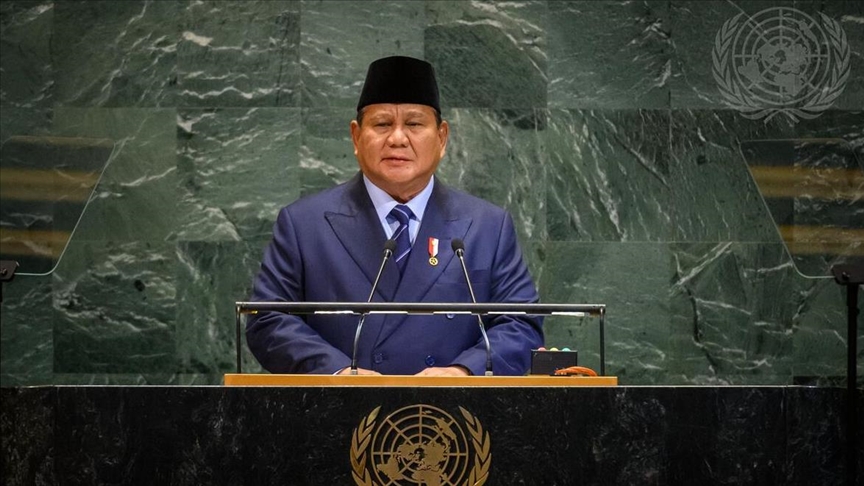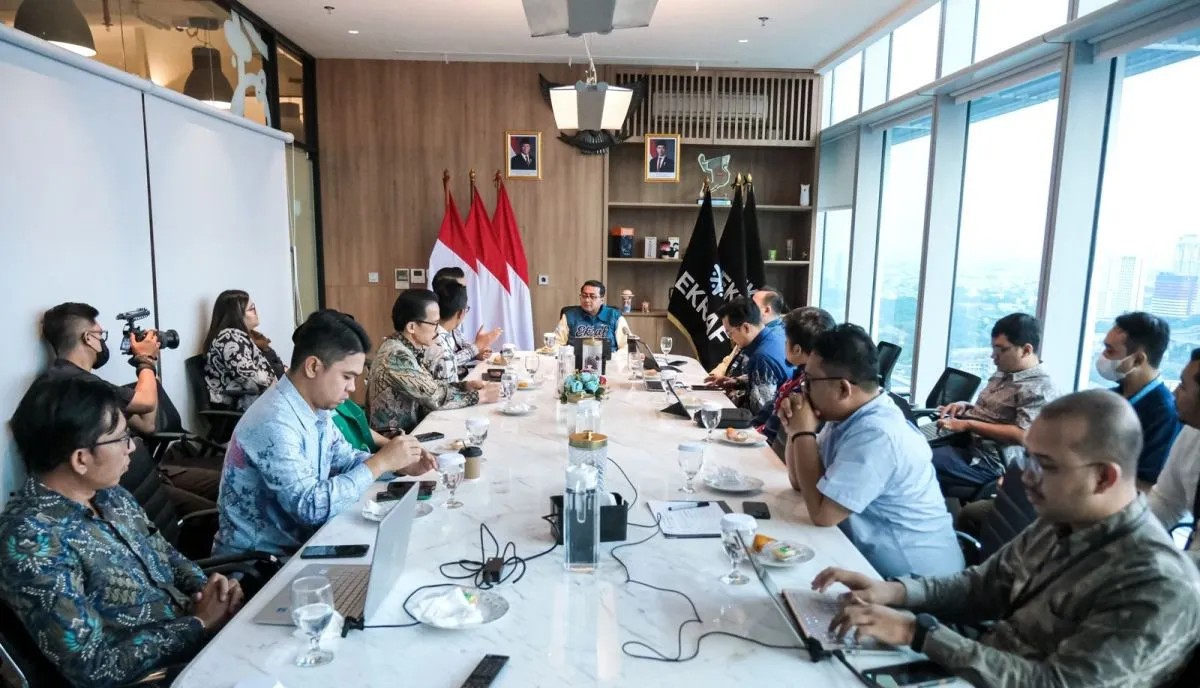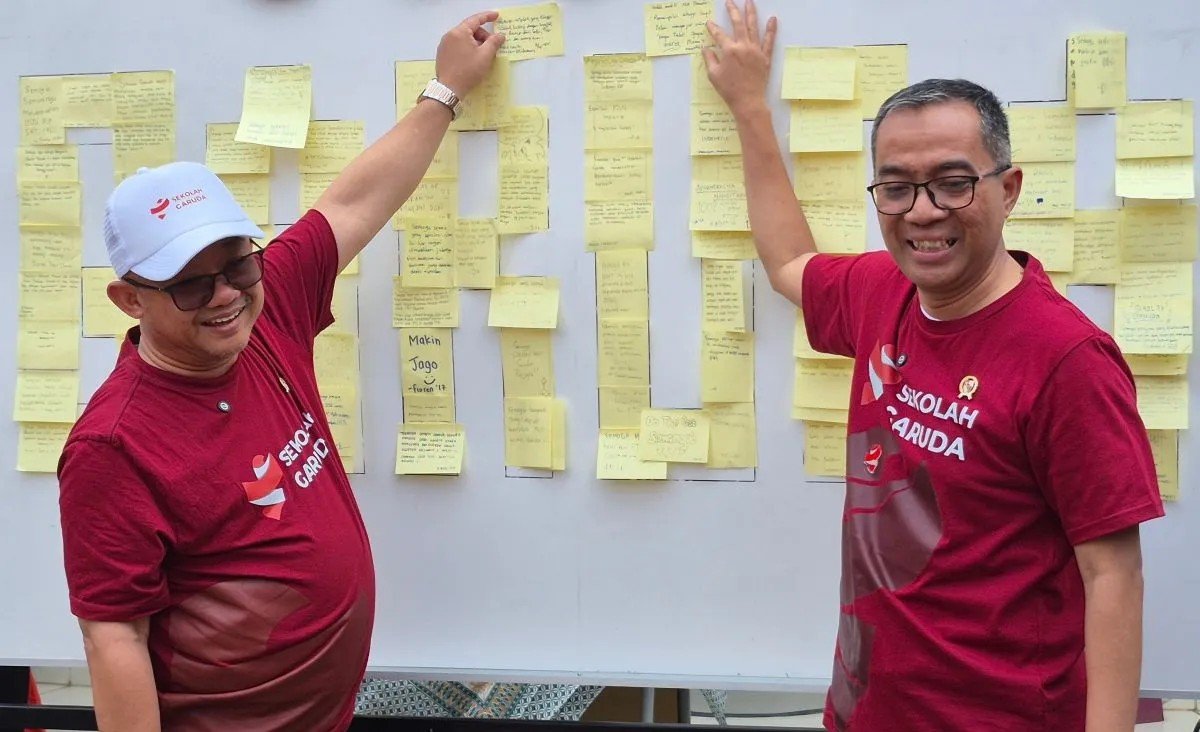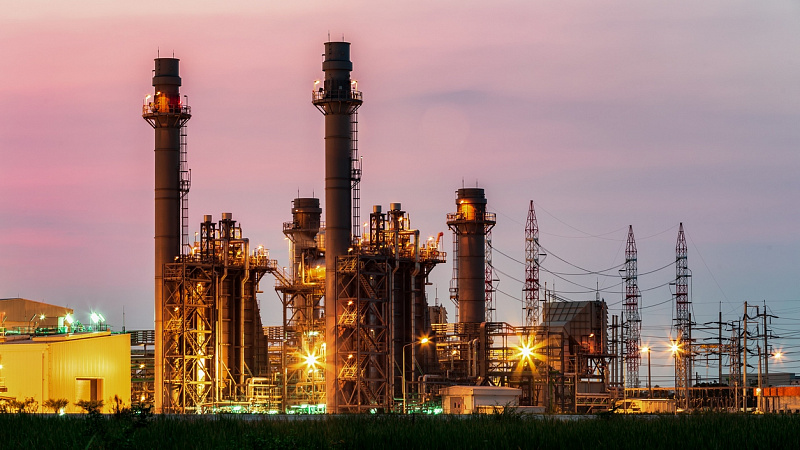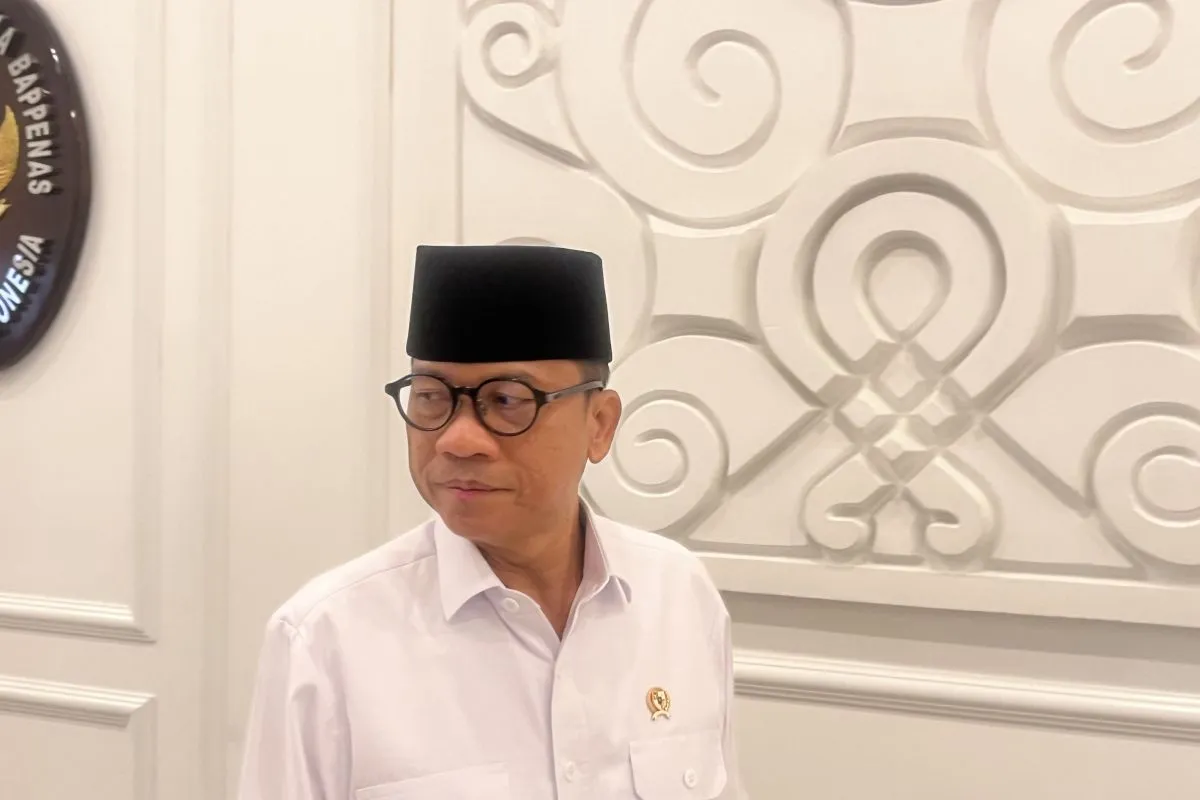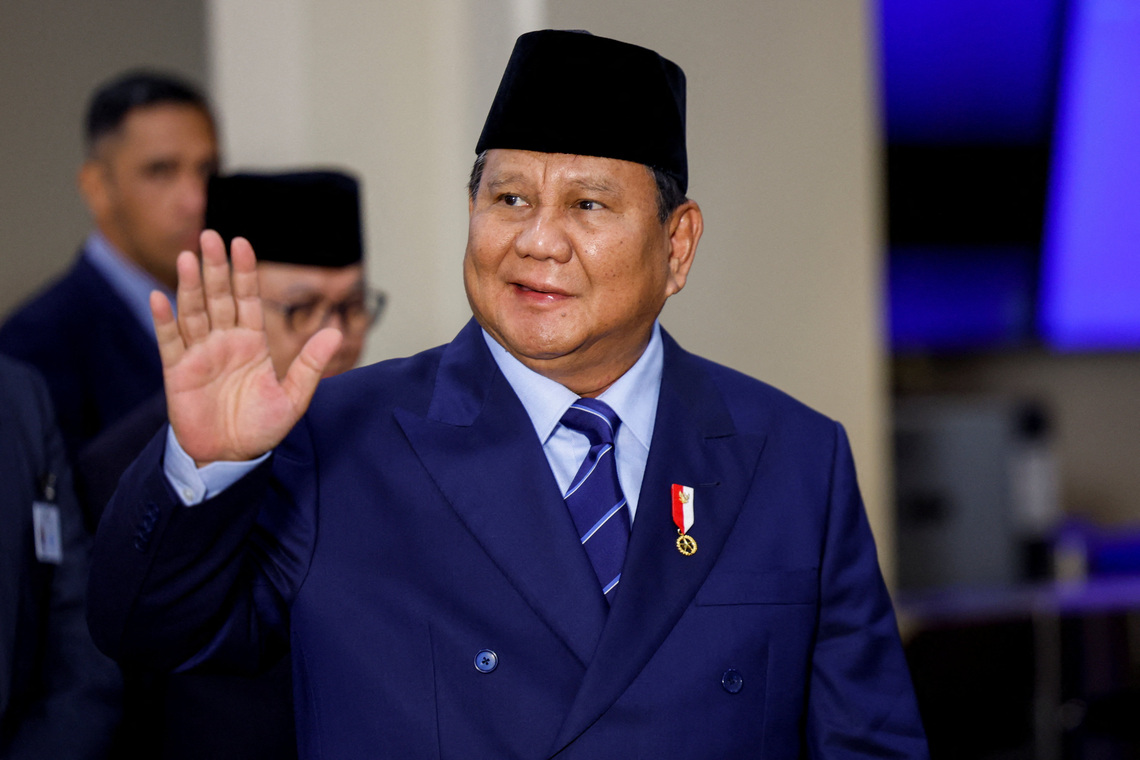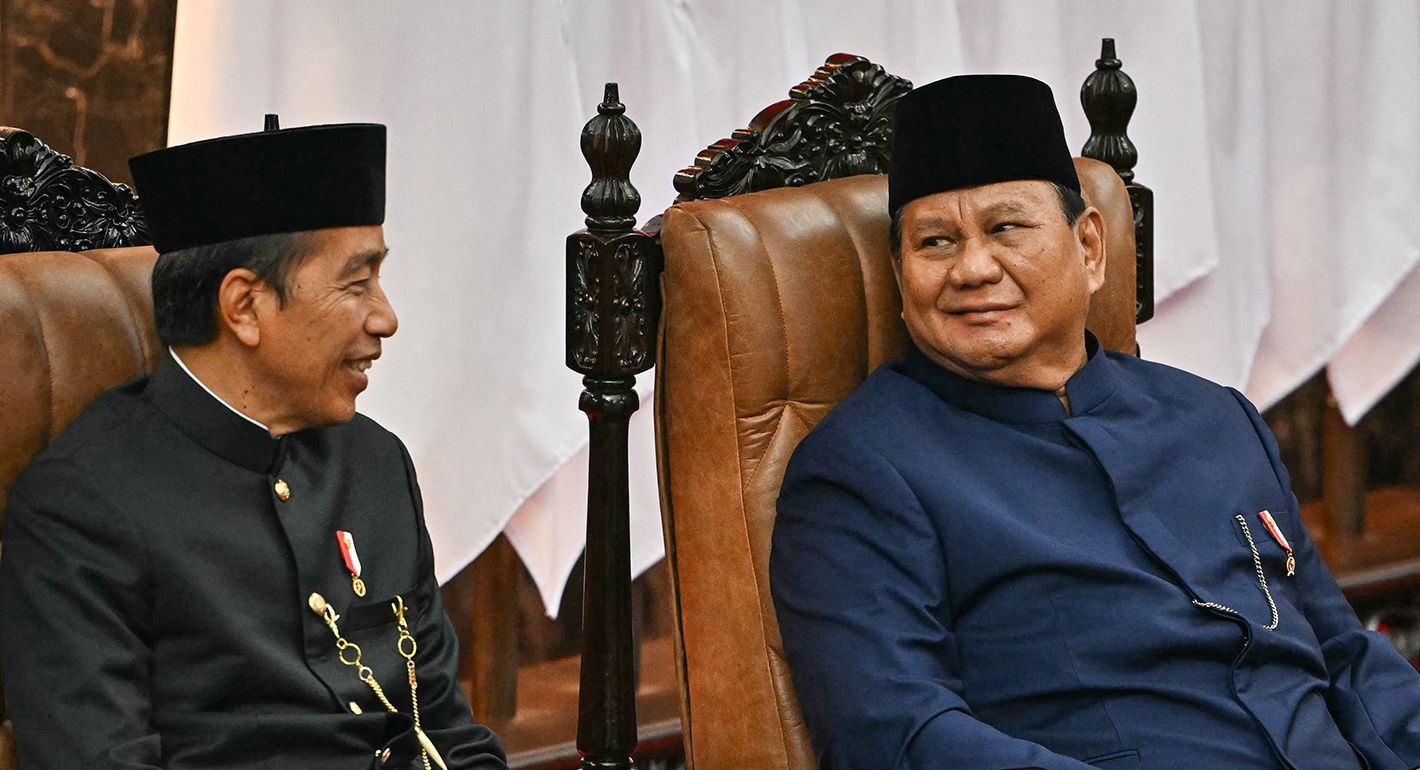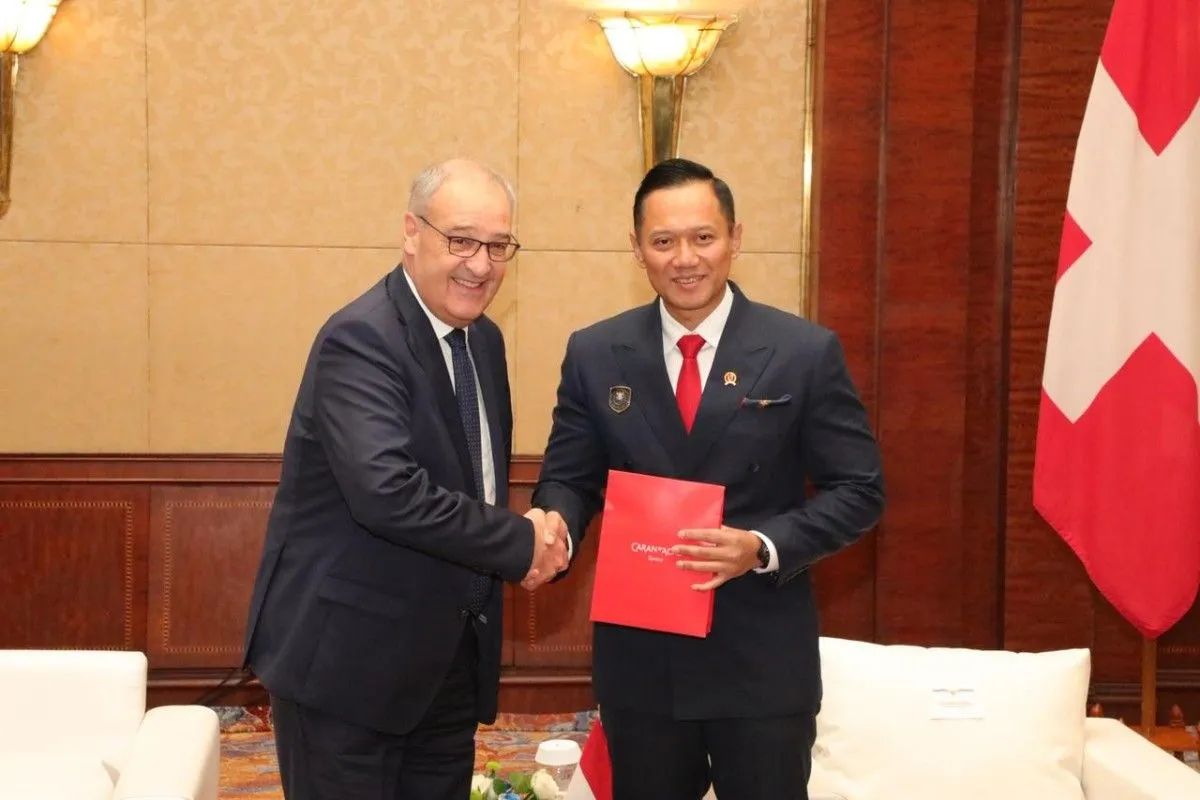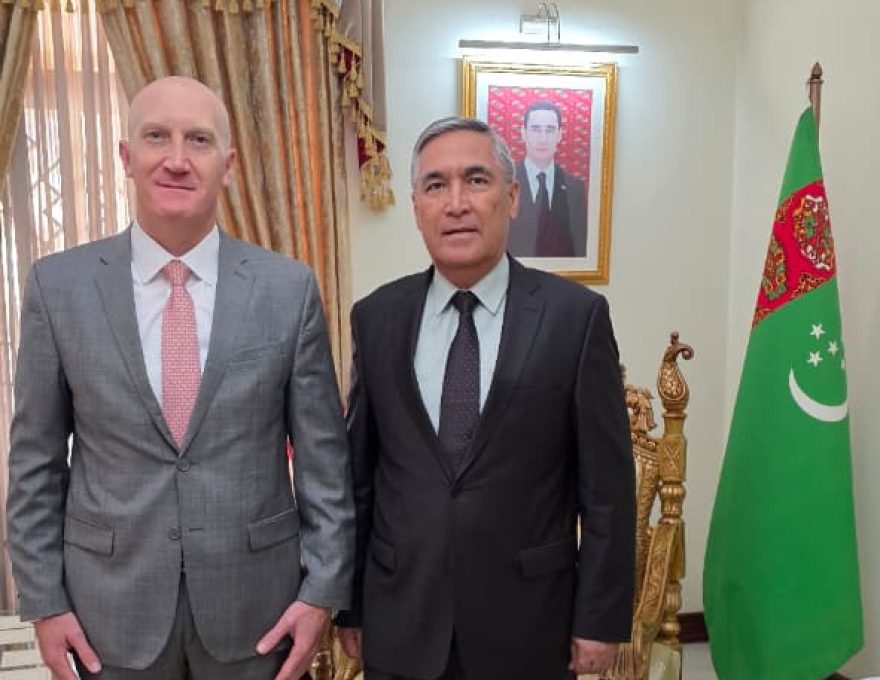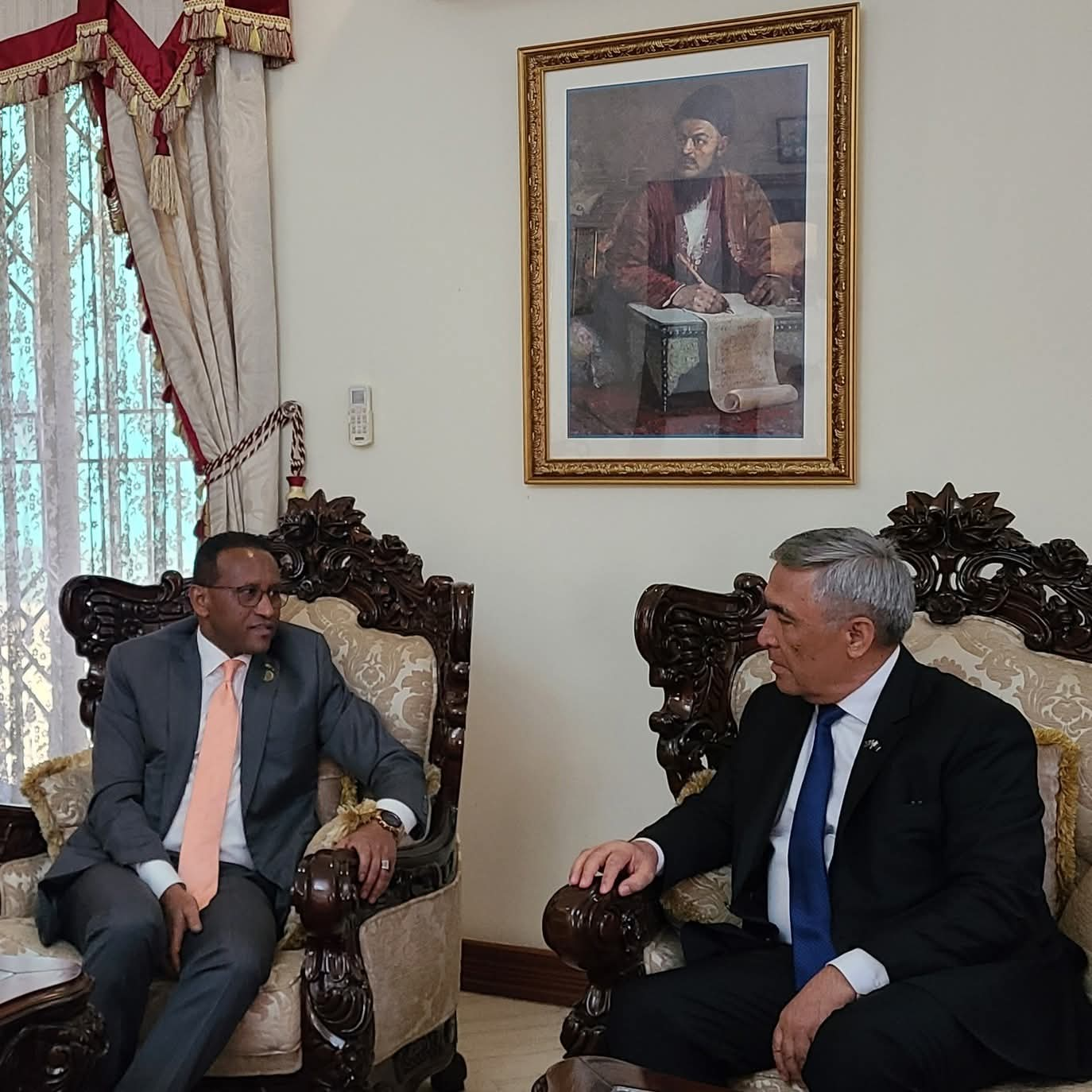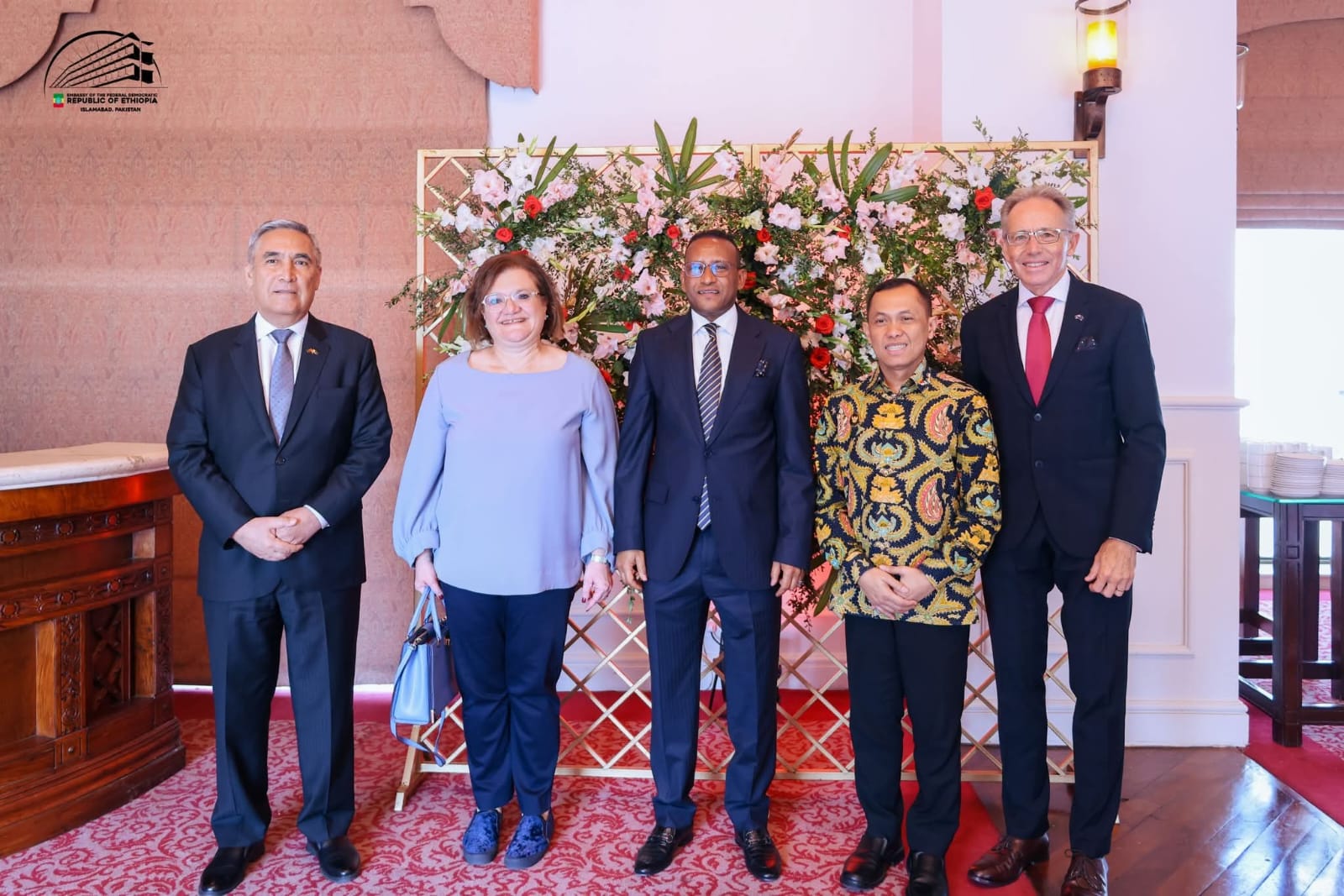Jakarta, October 12, 2025 – The Europe Today: Indonesia is seeking to deepen energy cooperation with Russia, including with major firms such as Gazprom and Rosneft, as part of its long-term strategy to achieve net-zero emissions (NZE) by 2060, a senior official from the Ministry of Energy and Mineral Resources (ESDM) said on Sunday.
Satya Hangga Yudha Widya Putra, Expert Staff to the Minister of Energy and Mineral Resources, said Indonesia was pursuing the collaboration as the world’s fourth most populous country and a new member of the BRICS group.
Speaking at an international forum in St. Petersburg on Friday, Putra noted that Indonesia remained open to broad cooperation with Russia across key energy sectors — including technology for large gas discoveries, nuclear power development, and carbon capture projects.
“Indonesia is focused on a strategic energy transformation toward net-zero emissions by 2060 and an ambitious downstreaming program in all natural resource sectors,” he said in Jakarta.
Despite its rich natural resources, Indonesia faces challenges such as declining crude oil output, high dependence on imported petroleum and LPG, and limited domestic refining capacity. “This dependence causes foreign exchange losses of around Rp523 trillion (US$31.5 billion) annually, highlighting the urgency of accelerating downstreaming,” Putra emphasized.
To address these issues, Indonesia has established a Strategic Downstreaming Task Force under Presidential Decree No. 1 of 2025, aimed at reducing import dependence. The task force covers 26 commodities — including oil, gas, minerals, and new energy — to accelerate project development and strengthen national energy resilience.
“Energy is a cross-sector issue. Addressing it effectively, including facilitating foreign investment such as Rosneft’s potential participation in the Tuban Refinery project, requires strong coordination among 14 ministries,” Putra stated.
He underlined that Indonesia’s energy transition policy must prioritize accessibility, affordability, and environmental sustainability.
Indonesia possesses an estimated 3,687 gigawatts of renewable energy potential, of which only 0.4 percent has been utilized. The government plans to roll out its B40 biodiesel program in 2025, followed by the B50 program in 2026, as part of its biofuel expansion strategy.
Carbon capture, utilization, and storage (CCUS) has also been identified as a key decarbonization measure, with 15 projects targeted for implementation by 2030. Indonesia’s storage potential is estimated at up to 68 billion tons of CO₂.
Putra further revealed that nuclear energy using small modular reactors (SMRs) is being considered for potential deployment in Kalimantan and Sumatra, with possible cooperation from Russia’s state nuclear corporation, Rosatom.
He reaffirmed that Indonesia’s growing collaboration with Russia reflects its commitment to balancing energy security with sustainable development goals in pursuit of the 2060 net-zero target.
